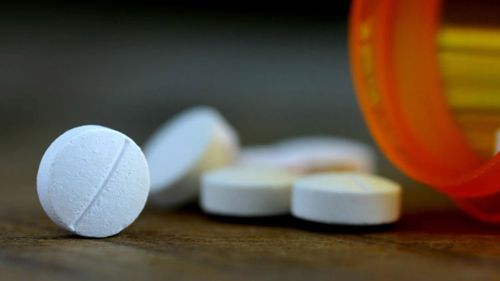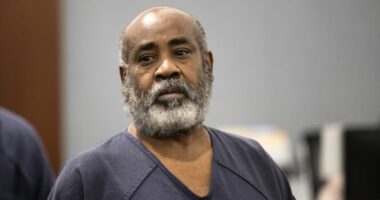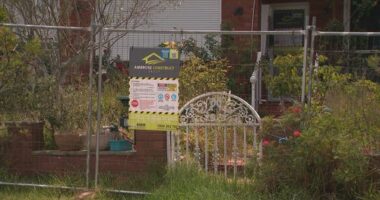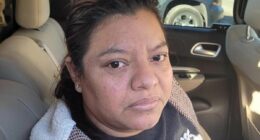Share this @internewscast.com
This legislative move aligns with the government’s pre-election commitment to shut down drug checking facilities, under a “zero tolerance policy towards illegal drugs”.
“The government’s stance, which was presented during the election, maintains that there is no risk-free method of consuming drugs and that drug-checking centers send the wrong message to residents of Queensland,” stated Health Minister Tim Nicholls today.

The legislative vote happened concurrently with the disclosure of a previously censored report by the University of Queensland, which highlighted that “services offered meaningful harm reduction through the education on substances, drug interactions, policies, overdose signs, and naloxone usage”.
The report revealed that half of the clients expressed a desire to “alter their drug use, often by reducing dosage, extending intervals between doses, or discarding the substance”.
“Subsequent surveys and interviews indicated that many clients modified their behaviors: 40% of clients opted not to use the tested sample, 20% used a reduced amount of the sample, and 10% disposed of at least one tested sample,” the report observed.
The report suggested that the government should consider boosting funding, resources, staff, and technology for drug-checking services across more regions for the benefit of the wider Queensland community.
The Australian Medical Association Queensland has urged the government to reverse its decision.
President Dr Nick Yim said AMA Queensland was “disappointed” and “concerned these changes were made without appropriate consultation with stakeholders, or consideration of the evidence”.
He said pill testing provided an “invaluable early warning system” about the kind of substances circulating in the community.
“We can only get that information through drug testing and it is vital because it educates the community about the risks of harm from drug use,” Yim said.
“Testing clearly shows people that substances they have may not be what they think they are and could be far more dangerous.
“At a time when our public hospitals are under strain with ambulance ramping, measures that can reduce pressure on our emergency departments should be considered.”
He said the report showed 54 per cent of people who attended drug checking services had never spoken to a health professional about their drug use before.
“That is essential to preventing harm and deaths from substances,” he said.
“People at risk from drug use need health treatment and pill testing services put them in touch with the doctors and other health professionals they need.”
National Alcohol and Other Drug hotline 1800 250 015













